What is the evidence of climate change?
What impact do we see on ocean life?
What adaptations might we expect from human and marine mammals alike?
Join us as we explore these crucial questions with three experts in the field in a panel discussion moderated by ACS San Francisco Bay Chapter Board Member and Sustainability Professional Susan Hopp. Our esteemed panelists will include Dr. Cara Field, Medical Director at The Marine Mammal Center, Marc Webber, Marine Biologist and co-author of Marine Mammals of the World, and Sara Hutto, Ocean Climate Program Coordinator for Greater Farallones National Marine Sanctuary.
Watch the webinar!
This webinar is offered for free to the public. A suggested donation of $10 per participant/viewer is encouraged and appreciated. Donations help cover webinar costs and support our education and cetacean research grant programs. Click here to donate.
ABOUT THE SPEAKERS
Cara Field
Cara Field, DVM, Ph.D, Dipl. ACZM, Medical Director, The Marine Mammal Center
Dr. Cara Field is the Medical Director at The Marine Mammal Center in Sausalito, California. Her primary responsibilities include overseeing the care of all stranded marine mammal patients on-site, conducting and collaborating on numerous research projects, and teaching and mentoring the Veterinary Intern, Fellow, and dozens of veterinary residents, international vets, students, and other visitors who come to The Marine Mammal Center each year to learn about marine mammal medicine and health.
Dr. Field completed the dual DVM/Ph.D. degree program at the University of California Davis in 2005, where she studied the effects of high pressure on blood platelets from elephant seals. She then worked at Mystic Aquarium in Connecticut as a post-doctoral researcher studying brucellosis in marine mammals and was subsequently the Intern veterinarian there. Following three years at Mystic, she served as the Associate Veterinarian in New Orleans for the Audubon Nature Institute including caring for animals at the Aquarium, Zoo, and Endangered Species Survival Center. As the primary veterinarian for the Audubon Aquarium Stranding Program, she oversaw the care of oiled sea turtles and dolphins during the BP Deepwater Horizon oil spill. Dr. Field then accepted a position as Associate Veterinarian at the Georgia Aquarium in Atlanta, one of the largest aquariums in the world, for several years before moving back to California to work at The Marine Mammal Center in 2014. As a Diplomate within the American College of Zoological Medicine specializing in Aquatic Animal Medicine, Dr. Field particularly enjoys the combination of medicine, teaching, and research in marine mammal health and conservation.
Marc Webber
Marc Webber, Research Associate, The Marine Mammal Center
Marc Webber recently retired from a 30-year career with the U.S. Fish and Wildlife Service in the National Wildlife Refuge Program. His last assignment was as Deputy Manager of the 4 million-acre Alaska Maritime National Wildlife Refuge which is home to more than 60% of North America’s breeding seabirds, and provides habitat for numerous pinniped species including an endangered population of Steller sea lions, and threatened populations of polar bears, and northern sea otters. He is an Adjunct Instructor in Biology at the Kachemak Bay Campus of the University of Alaska in Homer and is a member of the Alaska Marine Mammal Stranding Network. He worked extensively with stranded marine mammals at The Marine Mammal Center from 1976-1992 and has studied small cetaceans including harbor porpoises, bottlenose and dusky dolphins, and pinnipeds, including Hawaiian monk seals, Pacific walrus, California sea lions, and Northern fur seals. He has also lead natural history expeditions in Antarctica, the Arctic, and Baja California and worked as an observer for the National Marine Fisheries Service on cetacean survey cruises in the Eastern Tropical Pacific. Marc is a co-author of “Marine Mammals of the World: A Comprehensive Guide to their Identification" (Academic Press, 2008 & 2015). In 2010 Marc co-founded Golden Gate Cetacean Research, a non-profit organization, to focus scientific research on the porpoises, dolphins, and whales in San Francisco Bay and along the Northern California coast. He is a Research Associate at the California Academy of Sciences and The Marine Mammal Center. His current research focus is on the cetaceans of the San Francisco Bay Area: harbor porpoises, bottlenose dolphins, gray whales, and humpback whales.
Sara Hutto
Sara Hutto, Ocean Climate Program Coordinator, Greater Farallones National Marine Sanctuary
Sara Hutto is the Ocean Climate Program Coordinator for Greater Farallones National Marine Sanctuary where she integrates climate-smart adaptation into Sanctuary management and provides training for marine protected area managers around the country to undertake climate-smart adaptation planning. Sara’s background is in rocky intertidal ecology, and she holds a Master of Science in Marine Science from Moss Landing Marine Laboratories.
Susan Hopp
Susan Hopp, ACS San Francisco Bay Chapter Board Member and Sustainability Professional
Susan Hopp is a strategist, educator, and practitioner of sustainable and regenerative management. Since 2007, she has applied her years of experience with technology companies to build sustainability momentum in business. She spotlights the business case for sustainability as a key integrated strategy informing culture and organizational practices. She helps formalize the sustainability strategy and execute the resulting initiatives. An alum of Presidio Graduate School of Sustainable Management in San Francisco, Susan is also an adjunct faculty member at the University of San Francisco where she teaches sustainability leadership in the Environmental Management Masters program.









